My Foolish Heart by the Bill Evans Trio
This slow, romantic ballad was recorded during a famous live concert at the Village Vanguard in New York’s Greenwich Village in June 1961. Hearing it reminds me of the East Village and of New York City itself. The club is still a small, dimly lit basement, almost triangular in shape, filled with wooden tables between which silent waiters drift, carrying beers and burgers. In 2015 I watched Christian Sands, the pianist in the Christian McBride Trio, sitting bent over the piano on the small stage in the apex of the triangle. Gazing through the gloom with half-closed eyes, I could imagine the scene – complete with tobacco smoke – in 1961 when the incomparable Evans sat facing bassist Scott LaFaro and drummer Paul Motian. Save for the smoke, little can have changed.
My Kind of Woman/My Kind of Man by Vince Gill and Patty Loveless
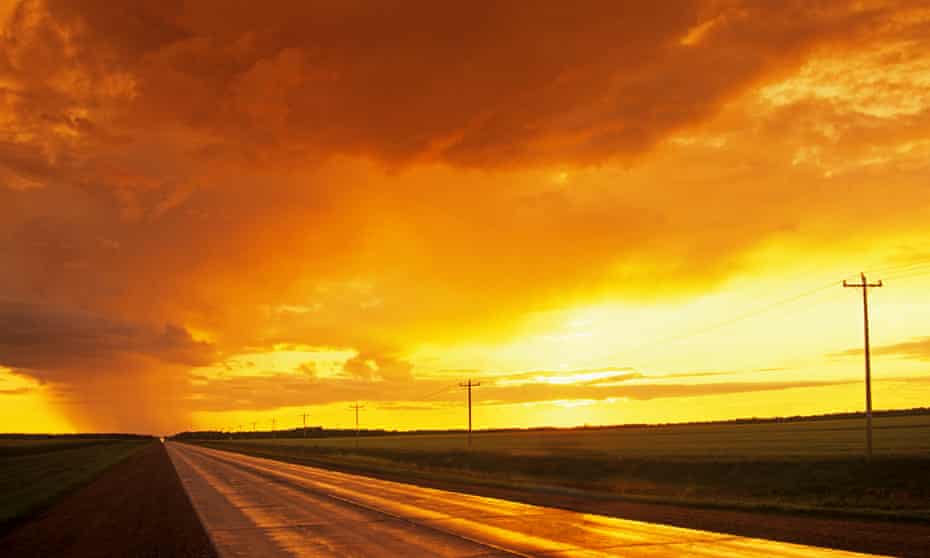
In 1999 I drove alone 300 miles north from Winnipeg to a small town in Manitoba called Swan River. It was the first time I had driven anywhere in North America that wasn’t a day’s journey from New York. The road was straight, empty and marked by the soothing rhythm of T-shaped telegraph poles – and as the sun sank low over a range of mountains, this wonderful piece of schmaltz came on the radio. I stopped the car, stood beside it, gazed at the long shadows of lanky pine trees and listened. Now the song brings back the sense of freedom and hope, tempered with longing, that comes over me when I drive alone through the empty spaces of America.
Parisienne Walkways (live recording, 1993) by Gary Moore
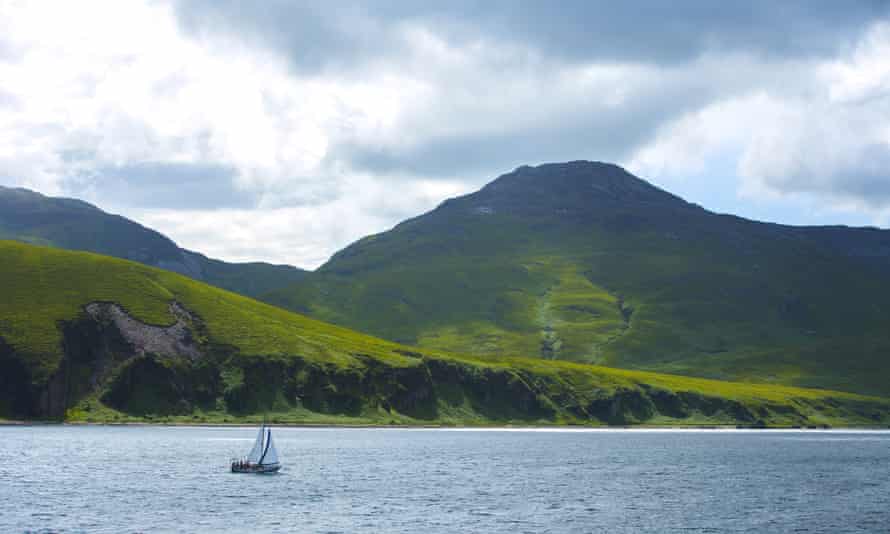
One summer, a friend who owns a sailing boat invited me and two friends for a three-day voyage off the west coast of Scotland. On a sunny afternoon, we entered the Sound of Islay, an empty strip of sea 20 miles long, with the mountains of Jura on one side and the wild shoreline of Islay on the other. As we floated through this venerable landscape, we heard only the sound of water passing the gunwales – until suddenly this song came loudly from speakers that I hadn’t known were there. It is principally a long, soaring guitar solo of aching beauty, and it added another layer to my fondness for the world that afternoon.
Blue Moon by the Kenny Barron Trio
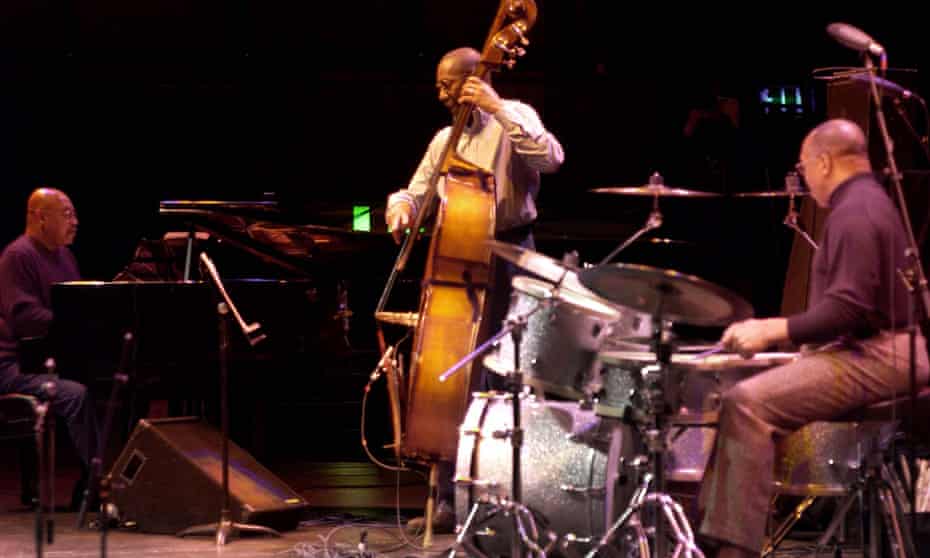
Kenny Barron, who played with Dizzy Gillespie, Stan Getz and numerous top jazzers, leads a fabulous piano trio I’ve seen many times in London. In 2008 I persuaded seven people – wife, daughters and partners – to travel to Zaragoza, Spain, where Kenny would be at the jazz festival; the excuse was a “big” birthday. For three days we ate, drank and pinged in and out of old churches and Moorish palaces. One night, Kenny, with his regulars – Kiyoshi Kitagawa on bass, and Johnathan Blake on drums, performed in a blitz of coloured lights. A long, languid rendering of Blue Moon swelled into minutes of unforgettable sound, the mood of which endured as we wandered into the coppery shadows of ancient alleyways.
Take My Hand by Dido
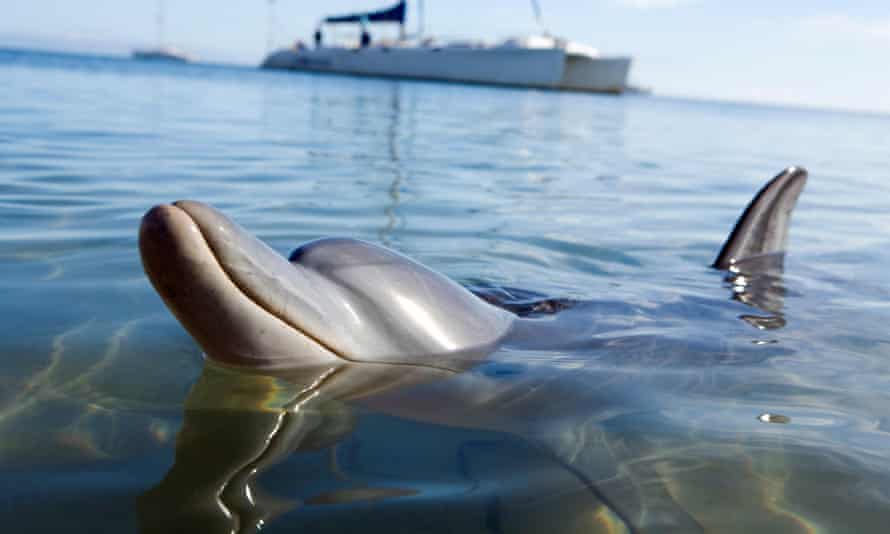
Photograph: Alamy
In 2001 my daughter Martha and I drove north from Perth, Western Australia, for 500 miles. Martha brought a Lauryn Hill CD to play in the car. Then, at our first stop for petrol, she bought Dido’s No Angel. On we drove for two hot days, ensconced with Lauryn Hill and Dido, through wild, kangaroo-filled country to Monkey Mia, a beach where friendly dolphins come to be fed. Two days later Martha bought Shaggy’s Hot Shot and we drove south with the three of them – loud, always loud. At the final reckoning Martha kept Shaggy and Lauryn while I took Dido back to England, which suited me fine. Take My Hand is the last track and lingers like a single malt.
Tintagel by Arnold Bax
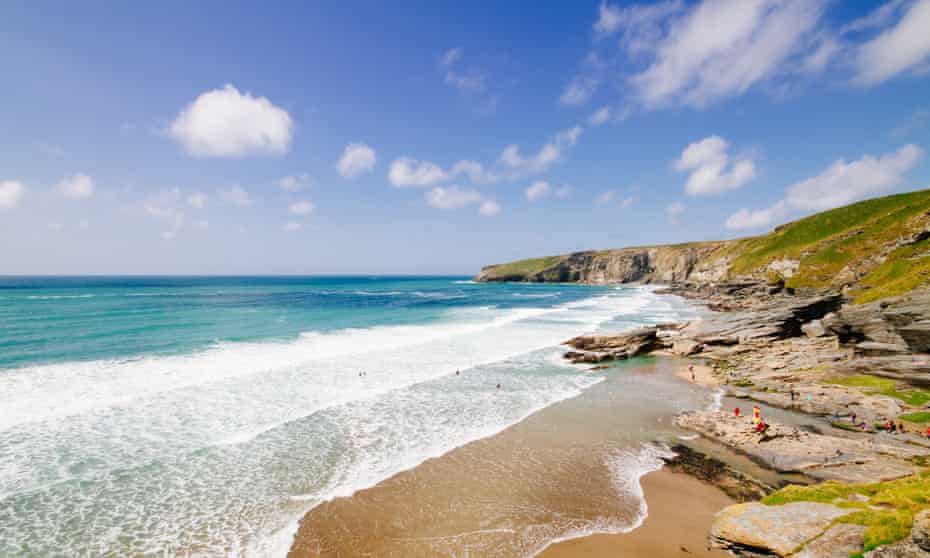
This piece of orchestral music, written in 1919, doesn’t just remind me of somewhere; it takes me to a place I know and love – the coast of north Cornwall and north-west Devon. As I listen, I hear gulls and find myself on a cliff staring down at a beach, at a calm, sparkling sea, at waves breaking on lines of rock. Looking up, I see cliffs strung out to the south-west, curving around bays and inlets, and jutting into grey-blue water that stretches to the horizon. As I listen, the flat sea begins to swirl, the sky darkens, the wind blows and roars, thunder cracks – and then, slowly, the storm dies away, and calm returns. All this in 14 minutes.
How the Heroine Dies by the Barr Brothers
In 2018, I spent 46 days driving slowly across the US from the east coast to San Francisco. I played music as I drove, and when life became difficult or the loneliness got to me, somehow the Barr Brothers turned up. In a violent rainstorm by the Ohio River, I parked, reclined the seat, closed my eyes and listened to their album Sleeping Operator – all spiky and lush. When I was lost in the night for three frantic hours outside Cincinnati, searching for a motel that wasn’t there, the brothers got lost with me. And they showed up in Nevada, where towns were 70 miles apart and motels were filled with gold miners. How the Heroine Dies stands out.
Take It Easy by the Eagles
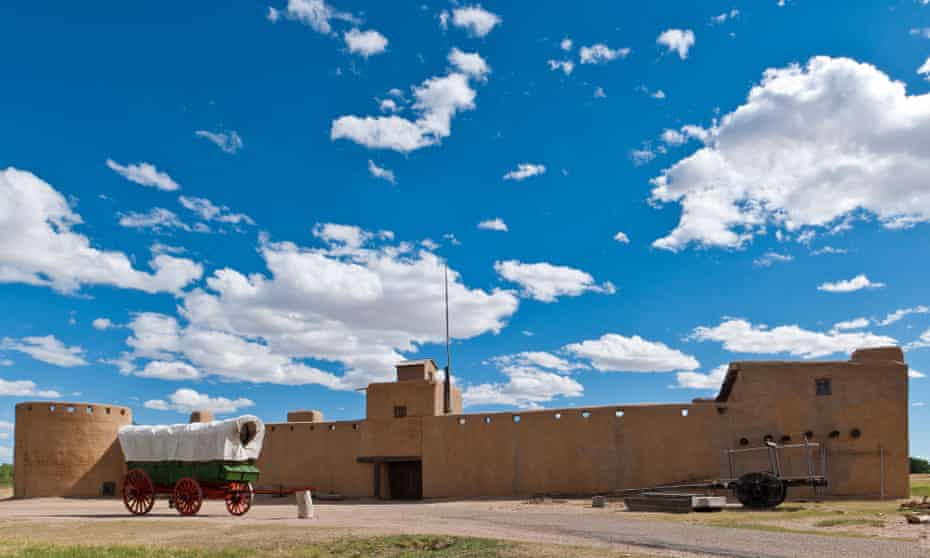
Photograph: Dan Leeth/Alamy
On a Sunday in September 2018, I parked at a picnic area under some trees facing Bent’s Old Fort, beside the Arkansas River in eastern Colorado. Two motorbikes gleamed in the sun, their owners, in bandanas and leather, sat nearby. They won’t be interested in me, I thought. “You passing through?” a voice called out – and we chatted for a good half-hour. They talked about the road ahead, and Paul said that on long bike rides he listened to music. “The Eagles,” he said. “Yes, the Eagles!” He’d just beaten me to it. “That song?” I said. “You know? ‘Standing on a corner in Winslow, Arizona’.” I tried to sing it. “We done that,” Geoff said. “We’ve stood on a corner in Winslow, Arizona. Take it Easy.”
(What’s So Funny’ Bout) Peace, Love and Understanding by Nick Lowe
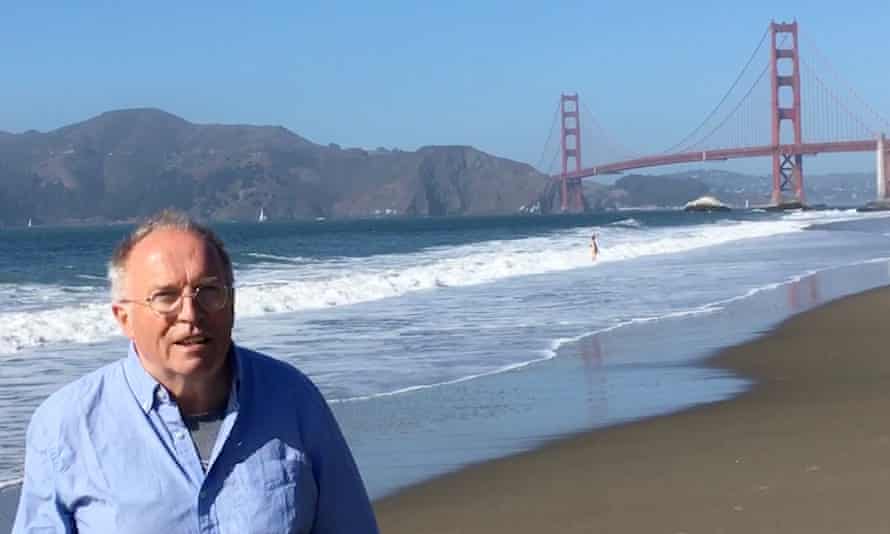
During my slow drive west in 2018, I flicked on the television in a motel room in Saint Louis and was amazed to find Nick Lowe talking about this song: how he had written it in 1973, while imagining an old hippy, besieged by young cynics, asking, “What’s so funny ’bout peace, love and understanding?” Then he sang it, accompanying himself on acoustic guitar. The audience of young Americans loved it. As an old hippy myself, I love it. Like many back then, I believed in the hippy dream and wanted to go to Haight-Ashbury and the Golden Gate Park in San Francisco, where it began. Four weeks on from St Louis, I finally got there.
Lonely by Akon
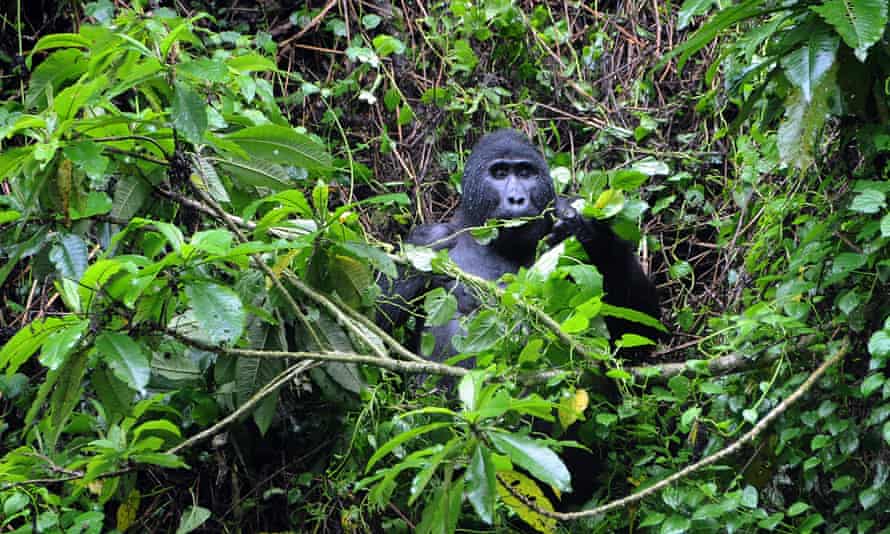
In 2008, I visited my daughter Grace in Kampala, and we went south to sit with the wise, long-suffering gorillas in the Bwindi Forest. On our way back, we stopped at an embarrassingly posh safari lodge hotel. During dinner, Grace got a text from her sister Martha. Four words: “I am so lonely.” We stared at each other in horror. Grace phoned Martha and, to avoid eavesdropping, I wandered out into the warm outdoors. When I came back Grace was giggling. “Remember I texted Martha days ago because we couldn’t remember that song you used to like? Well, it was I am so lonely by Akon.” Akon is from Senegal. The song takes me to Africa, gorillas and golden grass.
David Reynolds is the author of Slow Road to San Francisco: Across the USA from Ocean to Ocean (Muswell Press, £14.99)




